The Rising Need for Adolescent Psychiatry: How Early Intervention Can Change Lives
The Importance of Early Intervention in Adolescent Psychiatry for Improved Mental Health Outcomes
Does early intervention in adolescent psychiatry really make a difference? This post explains warning signs in adolescents and examines effective interventions that support improved outcomes. Readers will learn how to identify concerns early and access psychiatric services in Idaho Falls, along with understanding the role of mental health experience to better manage challenges.
Key Takeaways
- Early intervention supports improved mental health outcomes for adolescents
- families benefit from structured and personalized psychiatric care
- community and clinical resources work together for timely support
- detailed assessments help in early detection of mental health challenges
- accessible care connects professionals with families to manage treatment
Understanding Adolescent Mental Health Needs
High rates of teen mental disorders call for careful evaluation of their mind and health. Adolescents encounter various daily challenges, and factors such as pregnancy can add stress. Untreated issues often lead to lasting consequences. The discussion includes timely interventions, 988 support services, and practical strategies aimed at improving adolescent mental health outcomes.
The Prevalence of Mental Health Disorders Among Teens
Research shows that a significant number of teenagers face mental health disorders, prompting increased attention from professionals in social work and psychiatry. Statistics reveal that clinics in Baltimore and other regions rely on medicaid support to provide crucial information and care, ensuring a strong safety net for adolescents in need.
Data indicates that mental health issues affect a broad segment of teens, urging practitioners to assess symptoms early to formulate effective treatment plans:
- Comprehensive assessments by mental health specialists
- Integration of social work support and medicaid resources
- Access to timely information and clinic services in Baltimore
Early identification plays a central role in successful intervention and long-term improved outcomes.
Common Challenges Faced by Adolescents
Adolescents face a range of challenges as they navigate the transition from childhood to adulthood, where early diagnosis plays a key role in addressing mental health concerns. Struggles with conditions like schizophrenia often prompt visits to the emergency department, and experienced nurse practitioners provide valuable support to help manage these issues effectively.
The complexity of teen mental health is further underscored by evolving research in neuropsychiatry, which highlights the need for timely interventions. A proactive approach, involving careful monitoring and personalized care plans, can significantly reduce long-term risks and improve mental health outcomes for adolescents.
The Impact of Untreated Mental Health Issues
Untreated mental health issues in adolescents can disrupt the management of daily behavior and hinder the development of essential social skills, leading to persistent challenges as these individuals mature. Early intervention offers practical support that addresses advanced mental health concerns while reducing the risk of long-term complications including addiction, thereby safeguarding future well-being.
Clinicians in eastern idaho note that without prompt attention, untreated mental issues may compromise the overall management of life stressors, impairing social skills and increasing vulnerability to harmful behaviors. Direct care by experienced mental health experts ensures early action, which in turn fosters better coping strategies and minimizes the onset of conditions such as addiction.
The Role of Early Intervention in Adolescent Psychiatry
Early intervention in mental health care is defined as prompt counseling and support, rooted in evidence from clinical research. This approach offers key benefits, including reduced long-term mental health risks and minimized substance abuse issues. It also emphasizes community engagement and tailored interventions, setting the stage for detailed discussions on these core elements.
Defining Early Intervention in Mental Health Care
Early intervention in mental health care means initiating support and assessment procedures at the earliest signs of mental health concerns among adolescents. This proactive strategy addresses behavior changes and reduces risk by offering immediate guidance, pain management options, and practical steps to mitigate stressors, such as those arising from climate change and rapid shifts on social media platforms.
Expert practitioners explain that early intervention establishes a framework for continuous support and personalized care planning, which is critical for managing emerging symptoms in young individuals. By focusing on efficient pain management and monitoring behavioral shifts, this approach minimizes the chance of long-term complications while building resilience against ongoing risks associated with external influences like climate change.
Key Benefits of Timely Psychiatric Support
Timely psychiatric support offers practical advantages by promoting early detection and intervention in adolescent mental health. Clinicians with a doctorate background assess neurodiversity, genetics, and individual needs to tailor strategies that align with primary care and medicare frameworks, resulting in improved mental health outcomes:
- Efficient early detection of symptoms
- Customized care plans addressing neurodiversity and genetics
- Enhanced integration with primary care and medicare resources
Expert practitioners emphasize that prompt intervention secures a foundation for continuous support and effective treatment planning. The integration of feedback from experienced specialists ensures that each adolescent benefits from a personalized care approach aimed at managing mental health challenges effectively.
How Early Intervention Reduces Long-Term Mental Health Risks
Early intervention at facilities like the pearl health clinic plays a significant role in reducing long-term mental health risks by addressing emerging behavioral issues early. Professionals integrate knowledge from biology and learning theories to design stimulant-based strategies that target specific symptoms, ensuring that treatment plans are well-rounded and effective.
Timely action in adolescent psychiatry offers clear benefits in mitigating future complications related to behavioral challenges. Expert clinicians utilize insights from biology and learning processes to monitor and adjust stimulant interventions, ensuring that young individuals receive care tailored to their unique needs.
Identifying Warning Signs in Adolescents
Recognizing shifts in emotional and behavioral patterns, such as changes in homework engagement or increased irritability, signals the need for a closer look at an adolescent's mental state. The discussion highlights the role of open communication in identifying issues and dispelling myths surrounding mental disorder, degree requirements, and emergency support in Utah.
Recognizing Emotional and Behavioral Changes
Early identification of emotional and behavioral changes in adolescents is crucial for effective psychiatric intervention. Professionals with a bachelor of science background provide a clear view on early signs that may indicate the need for further evaluation, stressing that science-based assessments are essential in this field.
Practitioners holding a master of social work degree emphasize the role of social media in affecting youth behavior and mood. Their expert view supports the notion that a timely response, guided by a solid foundation in science, can significantly improve mental health outcomes.
The Importance of Communication in Identifying Issues
Effective communication plays a vital role in identifying early signs of mental health struggles, such as conduct disorder, especially when symptoms fall outside the norm of healthy adolescent development. Experts with a master of science background in internal medicine emphasize that clear dialogue between caregivers and clinicians acts as a practical tool in pinpointing areas of concern and preventing issues from falling into a more severe state.
Experienced professionals, including those with a master of science in nursing, advocate for open discussions to recognize subtle behavior changes that may indicate the onset of mental health challenges. This ongoing exchange of information enables timely detection and offers actionable strategies to counteract problems before they fall into patterns requiring more extensive intervention.
Myths and Misconceptions About Adolescent Mental Health
Adolescents and their families often face myths regarding mental health that can delay necessary care. Research conducted in Kentucky has revealed that some misconceptions suggest that irritability or sleep challenges are typical phases of growth, which may cause a wound to an adolescent's confidence when problems persist. These oversimplifications prevent timely intervention by masking early warning signs and undermining the importance of professional psychiatric support.
Expert insights indicate that misinterpretations of behavior patterns, such as persistent irritability or sleep disturbances, contribute to the spread of inaccurate beliefs about adolescent mental health. Research findings emphasize that dismissing these symptoms as a normal part of adolescence in regions including Kentucky can lead to a delayed diagnosis, potentially worsening the underlying condition and preventing early, effective mental health interventions.
Effective Interventions for Improved Outcomes
Clinicians deliver evidence-based therapies integral to teen psychiatry while involving family members in treatment. Expert caregivers utilize brain research and policy insights from university studies to address pathology. Community resources reinforce practical support, forming a comprehensive approach for improved outcomes.
Evidence-Based Therapies Integral to Teen Psychiatry
Specialists emphasize the importance of integrating these therapies with routine assessments, demonstrating that early intervention can significantly reduce further complications, and that incorporating the skills of both physician assistants and seasoned professionals leads to a better understanding of emotion in adolescents.
Family Involvement in Treatment Processes
Family involvement significantly contributes to effective adolescent psychiatric treatment by establishing a collaborative environment that echoes structured residency programs. This approach ensures that caregivers provide a safe space, and the integration of family medicine principles helps maintain adherence to carefully designed treatment strategies at eastern idaho regional centers.
Engaging family members in the treatment process enables practitioners to observe and support behavioral changes early on. Consistent involvement enhances the overall care plan, ensuring that communication remains open and that each step is aligned with the long-term recovery objectives established during residency training.
Leveraging Community Resources and Support Systems
Community resources and support systems offer a robust framework for early intervention in adolescent psychiatry. Professionals note that structured programs provide a safety net for youth experiencing childhood trauma and fear associated with medical challenges, ensuring that medication adjustments and behavioral support are timely administered:
Leveraging local and state resources, expert practitioners develop programs that integrate medical support with community-based care. This combined approach addresses the impacts of violence and childhood trauma by using consistent medication management and practical counseling techniques to reduce fear and promote stability in adolescent mental health outcomes.
Case Studies Highlighting the Impact of Early Intervention
This section reviews success stories of adolescents who received timely care, including promising results in areas such as depression and pain management. Data from Idaho Falls psychiatry practices and collaborative local health care systems, including insurance support and insights from New York City experts, further underline critical improvements in eating habits and overall mental health outcomes.
Success Stories of Adolescents Who Received Timely Care
Clinical experience shows that targeted early intervention boosts adolescent mental health outcomes by allowing professionals to address factors such as behavioral changes swiftly. Family engagement and direct contact with healthcare providers result in innovative approaches that have led to measurable improvements in areas like depression and anxiety.
Practitioners report noteworthy cases where prompt care shaped a productive recovery path, further supporting the importance of early evaluation in psychiatry. This approach relies on a combination of personalized services, family-based support, and cutting-edge innovation that collectively enhance the overall treatment experience.
Analyzing Data From Idaho Falls Psychiatry Practices
Recent analyses from Idaho Falls psychiatry practices indicate that early intervention programs help reduce worry among adolescents facing challenges such as cyberbullying and oppositional defiant disorder. Data from a controlled clinical trial shows that these targeted strategies improve outcomes for young adult patients by promoting prompt treatment and effective behavioral management.
Officials note several key milestones that support enhanced clinical care and decreased patient worry in situations related to oppositional defiant disorder and cyberbullying:
- Marked improvement in behavioral responses in young adult patients
- Reduction in the frequency of cyberbullying incidents leading to emotional distress
- Effective application of interventions documented in clinical trials
- Notable decrease in symptoms associated with oppositional defiant disorder
- Strengthened communication between clinicians and families resulting in sustainable treatment plans
Collaborative Approaches Within Local Health Care Systems
Local health care systems demonstrate a strong collaborative effort by uniting experts from institutions such as idaho state university and johns hopkins hospital. Their coordinated approach uses a patient portal and systematic review methods to tailor early intervention strategies that directly support adolescents facing mental health challenges.
Integrated practices across regional networks enable clinicians to share practical insights and first-hand expertise, which enhances the quality of care for adolescents. This collaboration builds on data from a systematic review and real-world cases, ensuring that patient portal technology facilitates clear communication between specialists and families.
Accessing Psychiatric Services in Idaho Falls
Local adolescent psychiatric services offer a solid foundation for early intervention. Families find guidance on connecting with local specialists, including experts from medical school and emergency medicine backgrounds, along with insights into insurance and financial considerations. A cohort study and subspecialty training further support practical recommendations and medical education, ensuring accessible care and clear steps toward improved outcomes.
Overview of Available Adolescent Psychiatric Services
In Idaho Falls, adolescent psychiatric services provide a comprehensive program that focuses on early intervention and tailored treatment strategies. The goal is to integrate practical elements of art and medicine, including electroconvulsive therapy when necessary, to address specific mental health concerns in a timely manner.
Local specialists use detailed assessments and evidence-based approaches to ensure each adolescent receives personalized care. The program highlights the importance of early intervention while combining innovative techniques and traditional medicine to optimize mental health outcomes.
How to Connect With Local Specialists
Local specialists in Idaho Falls are available for those seeking guidance in early psychiatric intervention, offering tailored support to address disease-related challenges and mood fluctuations. Individuals can connect with experts who have completed internships and received training recognized by the American Academy of Pediatrics, ensuring reliable care even for those affected by poverty.
Families and adolescents are encouraged to reach out directly to these professionals to discuss treatment plans and explore practical options tailored to their unique needs. The process involves initial consultations where local experts provide insights into managing mental health conditions, ultimately strengthening community support and long-term recovery efforts.
Insurance and Financial Considerations for Families
Families considering adolescent psychiatric services in Idaho Falls benefit from understanding insurance and financial considerations, which include neurology coverage and resources for youth mental health care; professionals with an undergraduate degree in education suggest reviewing policies to gain insight into the prevalence of mental health challenges among teenagers.
Insurance plans that cover comprehensive services, including both mental health and neurology, provide families with practical examples of cost management and protection, which can be essential when navigating financial aspects related to youth psychiatric care.
Conclusion
Early intervention in adolescent psychiatry directly targets emerging symptoms to prevent long-term complications. Experts consistently demonstrate that prompt detection leads to personalized plans that stabilize and improve mental health outcomes. Coordinated care between professionals and families fortifies support systems and cultivates resilience in teens. This focused approach empowers youth to manage challenges and secures a stronger foundation for future well-being.











